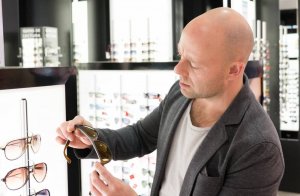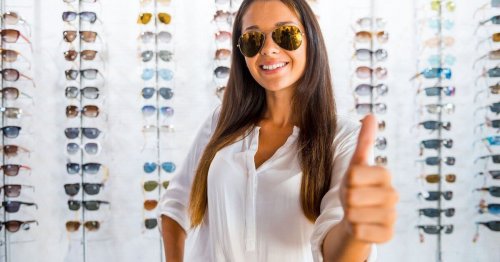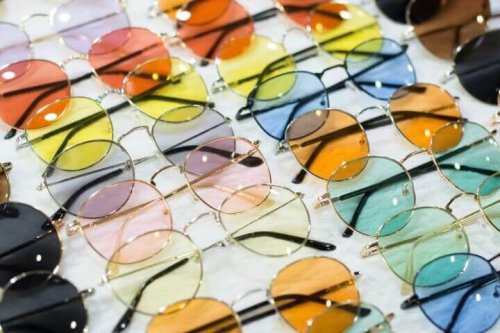How to Know if Sunglasses are Good

Do you want to know if your sunglasses are good?
Protecting your eyes from the sun is essential if you want to prevent future problems caused by the sun’s ultraviolet rays. If you have a pair of sunglasses but don’t trust that they’re protecting your eyes from the sun, today we’ll show you some ways to be sure.
Once you know all of the keys to whether or not your sunglasses are good, we encourage you to always keep them in mind for future purchases or to tell those people closest to you what you now know. Any information that can help us better protect ourselves from the sun is helpful.
Overall, we recommend that you always go to an optician to buy your sunglasses. That way, there will be no doubt that they glasses are quality and that they will protect you from the sun.
However, if you choose to buy them at the store, pay attention to these keys. They’re important!
See if your glasses are good: Check the EC mark
To know if your sunglasses are good and you live in Europe, you should look for the initials EC on them. These are letters that will appear somewhere on your glasses. The acronym EC means “European Conformity” and is a seal of quality that guarantees that they are good sunglasses.
Also, these initials indicate that the product complies with the mandatory regulations that mean they are in good condition and are good for your health. If there is not an EC mark, you should be suspicious of the glasses’ quality. They’re probably not good for your eyes.
Also read: 5 Things Your Eyes Say About Your Health

Do they have UV protection?
If your sunglasses do not have UV protection, they are definitely not good. You shouldn’t wear sunglasses merely for aesthetic reasons. Instead, wear them for their function of protecting our eyes from the ultraviolet rays.
Our eyes are always exposed to the sun. So you should worry if your sunglasses are good or not to ensure that your eyes are well protected from the sun’s rays.
Not only can your skin develop cancer or health problems if you don’t protect it from the sun’s rays, but the same can happen to our eyes. Some problems that may come from wearing sunglasses that don’t have UV protection include:
- Eyelid cancer
- Blindness due to a damaged retina
- Abnormal tissue growth in the eye
- Corneal burns
- Predisposition to suffer cataracts
- Inflammation of the ocular surface
You might be interested in: 8 Symptoms of Cataracts and How to Treat Them Naturally
As you can see, your eyes can suffer if you don’t protect them properly. Because of this, you should see an optician to ensure that you’re well protected from the sun’s rays. Otherwise, you may think you’are protected when you’re actually not.
How can you tell if your glasses have UV protection? One way is by checking the filter category number. This is usually between 0 and 4 and shows the degree of absorption that the lenses can withstand.

If you expose yourself to UV rays or do a physical activity like skiing, you may need a higher filter number to ensure that you’re protected.
Tests and quality control
Another way to know if your sunglasses are good or not is to check if they comply with regulations. These products have to pass rigorous tests and control to determine if they are safe to use. If you cannot check if the sunglasses meet these standards, you may be better off choosing a different pair.
It’s also important to look at the additional information.
Do the glasses have a brand name, care instructions or a warning label? If they don’t have any of this information, you shouldn’t trust them.
Also, a good way to know if sunglasses are quality or not is to try them on. If your head hurts or you get dizzy, you shouldn’t buy those glasses.
If you buy glasses that aren’t good, you may be putting your eye health at risk.
All cited sources were thoroughly reviewed by our team to ensure their quality, reliability, currency, and validity. The bibliography of this article was considered reliable and of academic or scientific accuracy.
-
Diario Expreso. (2014). Gafas la tecnología contra el sol.
-
NSMG Publicado En Salud visual. (2017). ¿Cómo elegimos las gafas de sol según nuestra edad?
-
Miller, D. (1998). Efectos perjudiciales de la luz sobre el ojo. Ciencias de La Optometría: Revista Trimestral de La Asociación de Antiguos Alumnos Del Centro Boston de Optometría.
This text is provided for informational purposes only and does not replace consultation with a professional. If in doubt, consult your specialist.








